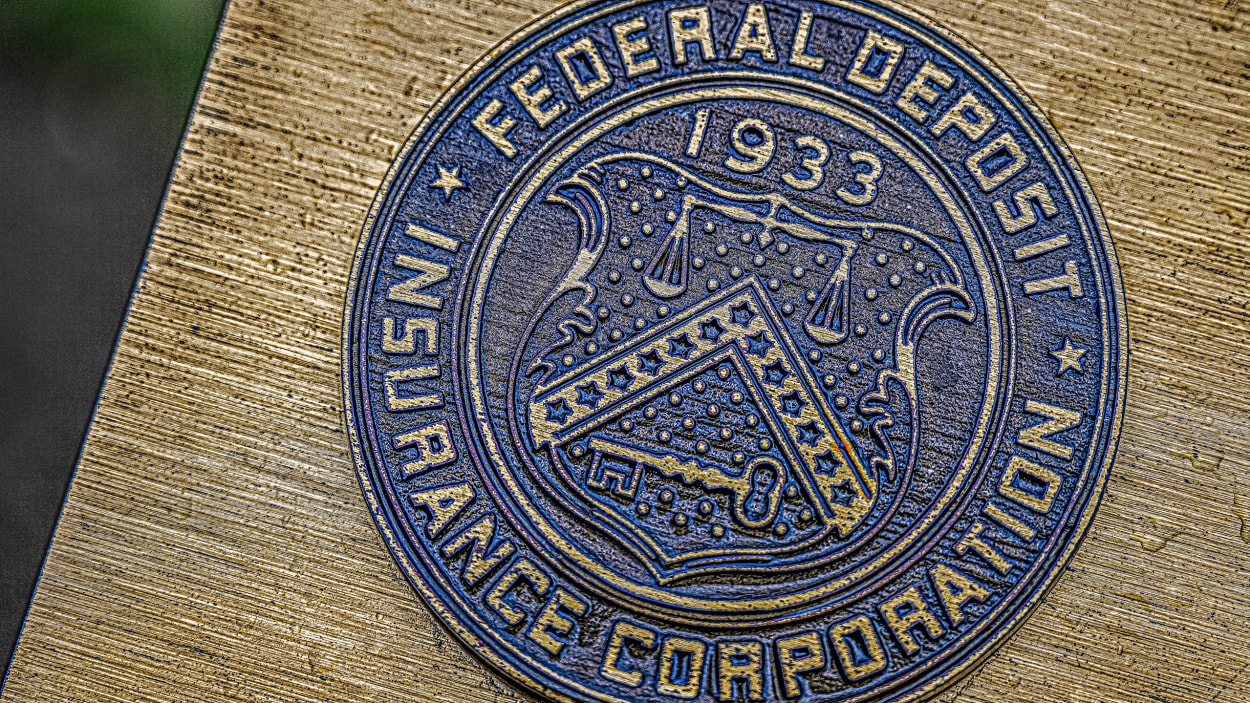After SVB’s collapse, banks and fintechs look to beef up FDIC insurance
By Sam Becker
When Silicon Valley Bank failed earlier this month, it sent a shot across the banking sector’s bow—and a message to investors and depositors that the financial sector may be taking on water. In response, alternative banks and financial technology companies are easing fears by increasing FDIC insurance for depositors.
Mercury, a fintech company that offers banking services through its partners, Choice Financial Group and Evolve Bank & Trust, recently announced to its customers that it was offering depositors additional FDIC insurance, up to a maximum of $5 million, well above the traditional $250,000 limit.
In an email, Mercury’s team said that the way the company was able to “offer customers this expanded FDIC coverage is through our partner banks’ sweep networks, which spread customer deposits across a network of established FDIC-insured program banks.” The list of banks includes Wells Fargo, Goldman Sachs, and Morgan Stanley.
In effect, Mercury is giving its customers some peace of mind by ensuring them that the bank does, in fact, have their money, nullifying fears of a bank run—and by using other banks as a part of a larger network to limit “the risk of any single point of failure.” In a blog post, Mercury actually details that “less than 10% of [customers’] deposits are actually held at Evolve (Mercury’s banking partner). Instead, the majority are held at Goldman Sachs and a few other FDIC-insured banks in the sweep network.”
The extra protection is offered through Mercury Vault, which also allows for protection of deposits of more than $5 million to be invested in Vanguard money market funds comprised mostly of Treasuries.
The “$5 million FDIC insurance covers the needs of nearly all startups,” says Immad Akhund, Mercury co-founder and CEO, in a statement provided to Fast Company. “We heard customers loud and clear that $250K FDIC insurance is not enough, and we’re happy to now provide 20 times the per bank limit.”
While the sweep network that Mercury and other banks are involved in may not be new, it is likely to garner more attention now as more people pay attention to often-overlooked banking details, like FDIC insurance. After SVB and Signature Bank’s collapse in recent weeks, many regional and relatively small banks have been on edge as the possibility of more bank failures (and bank runs) has remained elevated—most notably, at First Republic, which saw a $30 billion cash infusion from bigger banks in recent days.
A group of mid-size banks, comprising The Mid-Size Bank Coalition of America, even sent a letter to regulators urging that they suspend the FDIC’s deposit insurance limit for two years, according to reporting from Bloomberg.
The prospect of increasing the FDIC’s $250,000 deposit insurance cap is also receiving support from lawmakers, including Senator Elizabeth Warren, who said, during an appearance on the CBS show Face the Nation this past weekend, that an increase has “got to be on the table right now,” and that it would be “a good move.” Even Elon Musk voiced his support for an increase, tweeting over the weekend that the “FDIC needs to change to unlimited coverage to stop bank runs.”
What’s clear is that the banking industry still has the jitters following SVB’s failure, and that it may take some time—and bigger policy changes, including to the FDIC’s insurance cap—for things to settle down. Some banks and fintech companies are evidently taking measures into their own hands, and pooling resources with other banks to try to keep customers calm.
(32)



